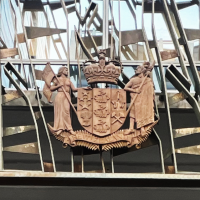
The Platform: Roger Partridge warns of Trump's threat to constitutional democracy
Roger talked to Sean Plunket on The Platform, articulating principled concerns about Donald Trump's approach to governance, warning that despite identifying legitimate problems, Trump threatens democratic institutions by systematically undermining constitutional checks and balances. Watch below. Read more











